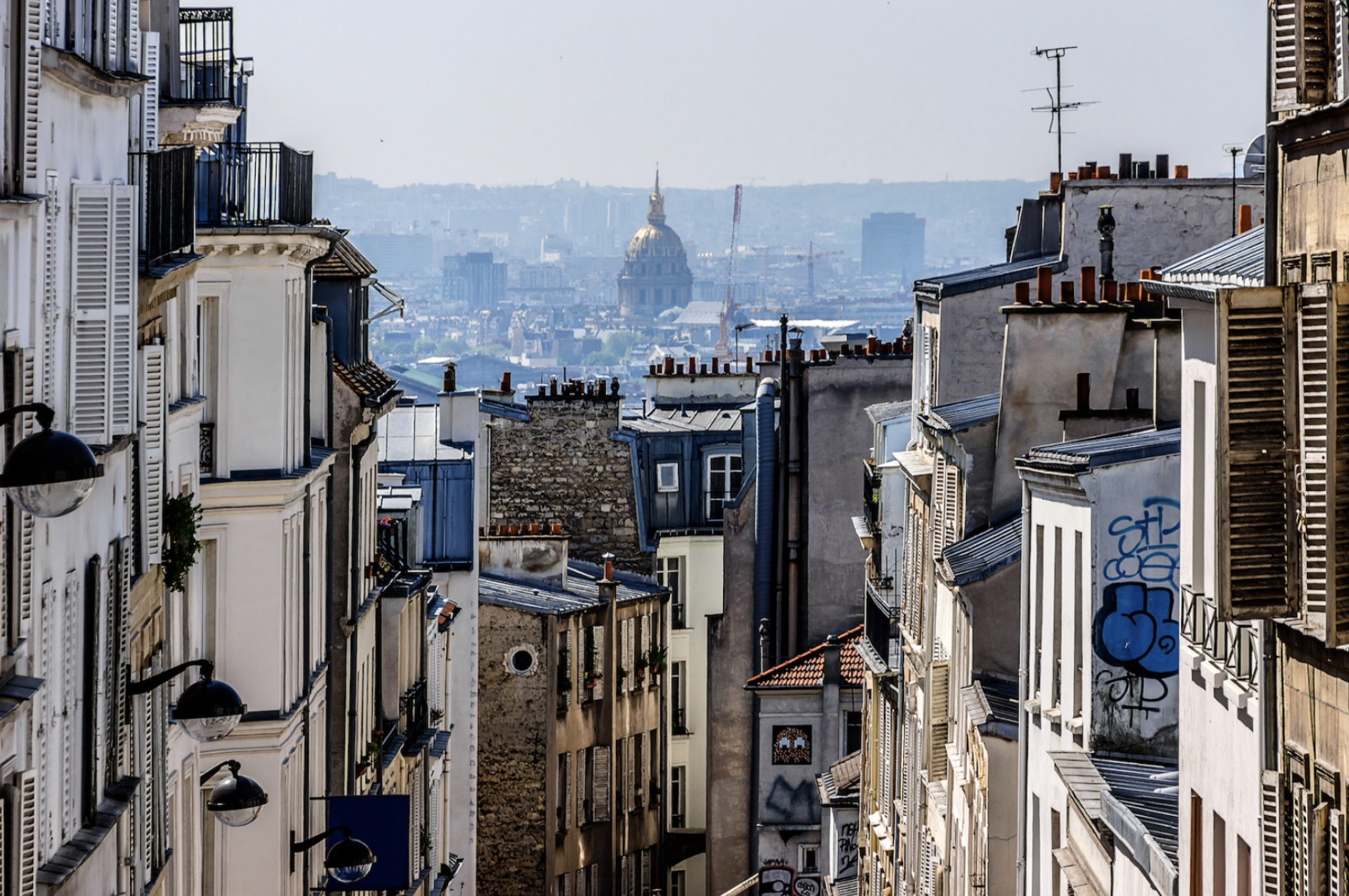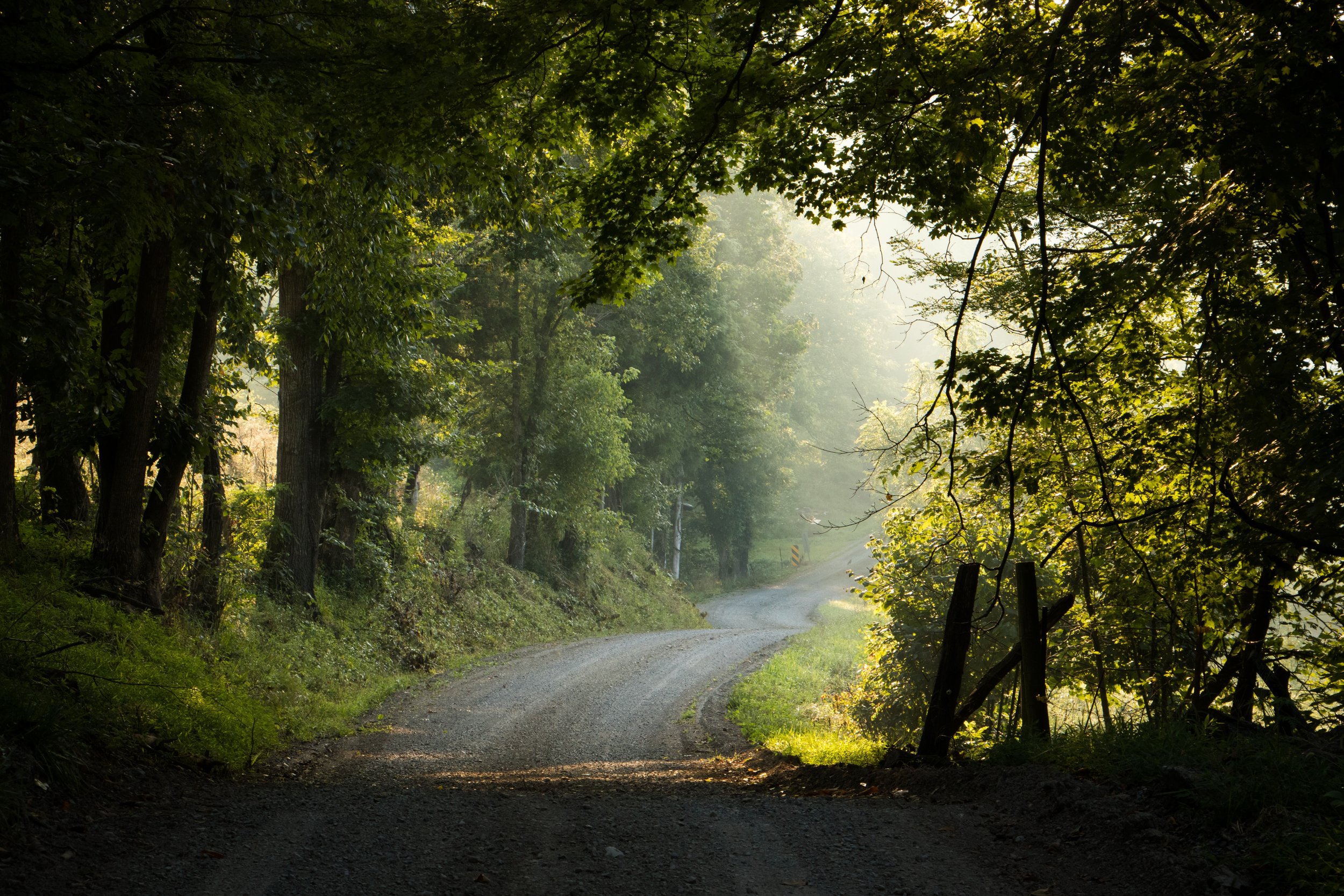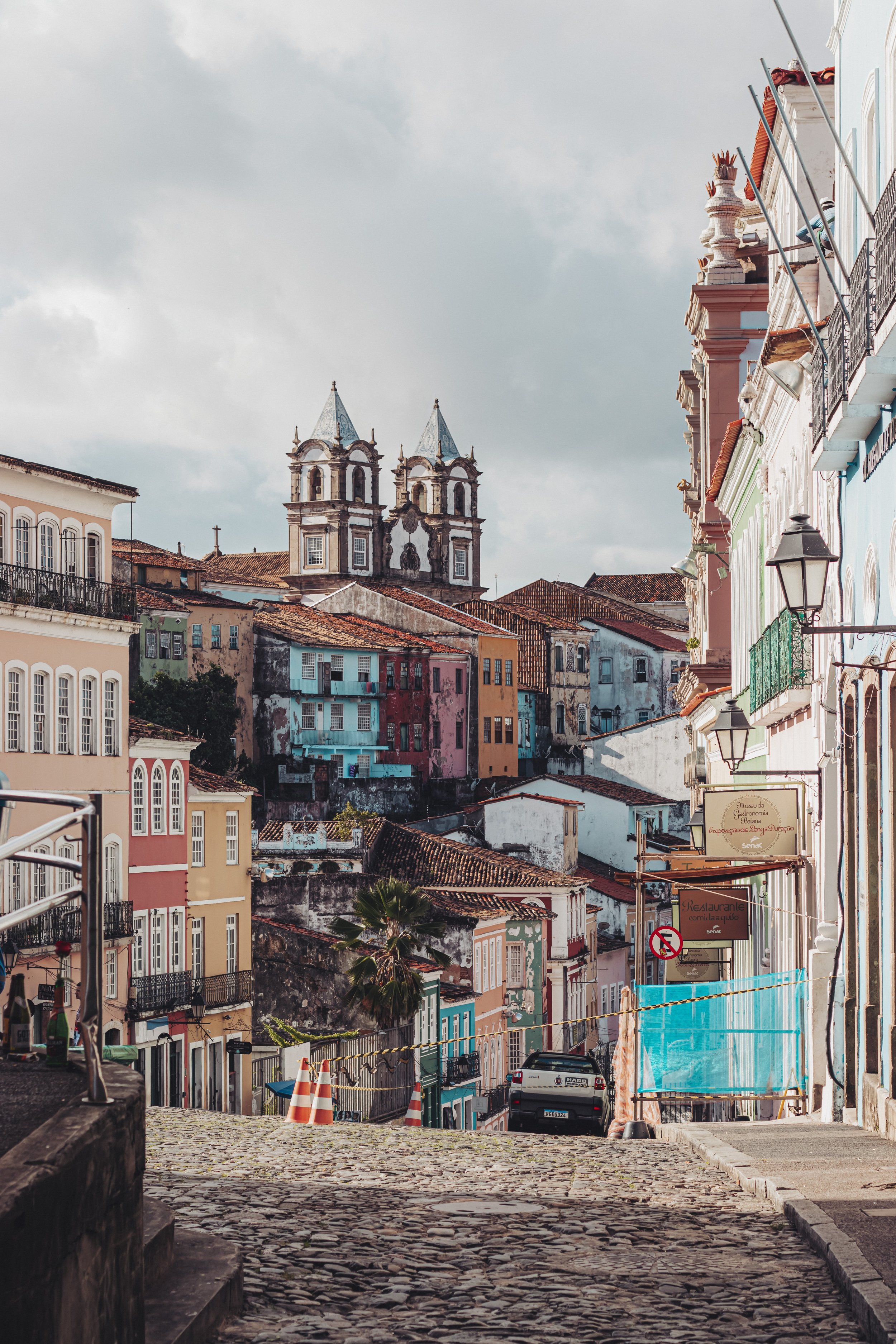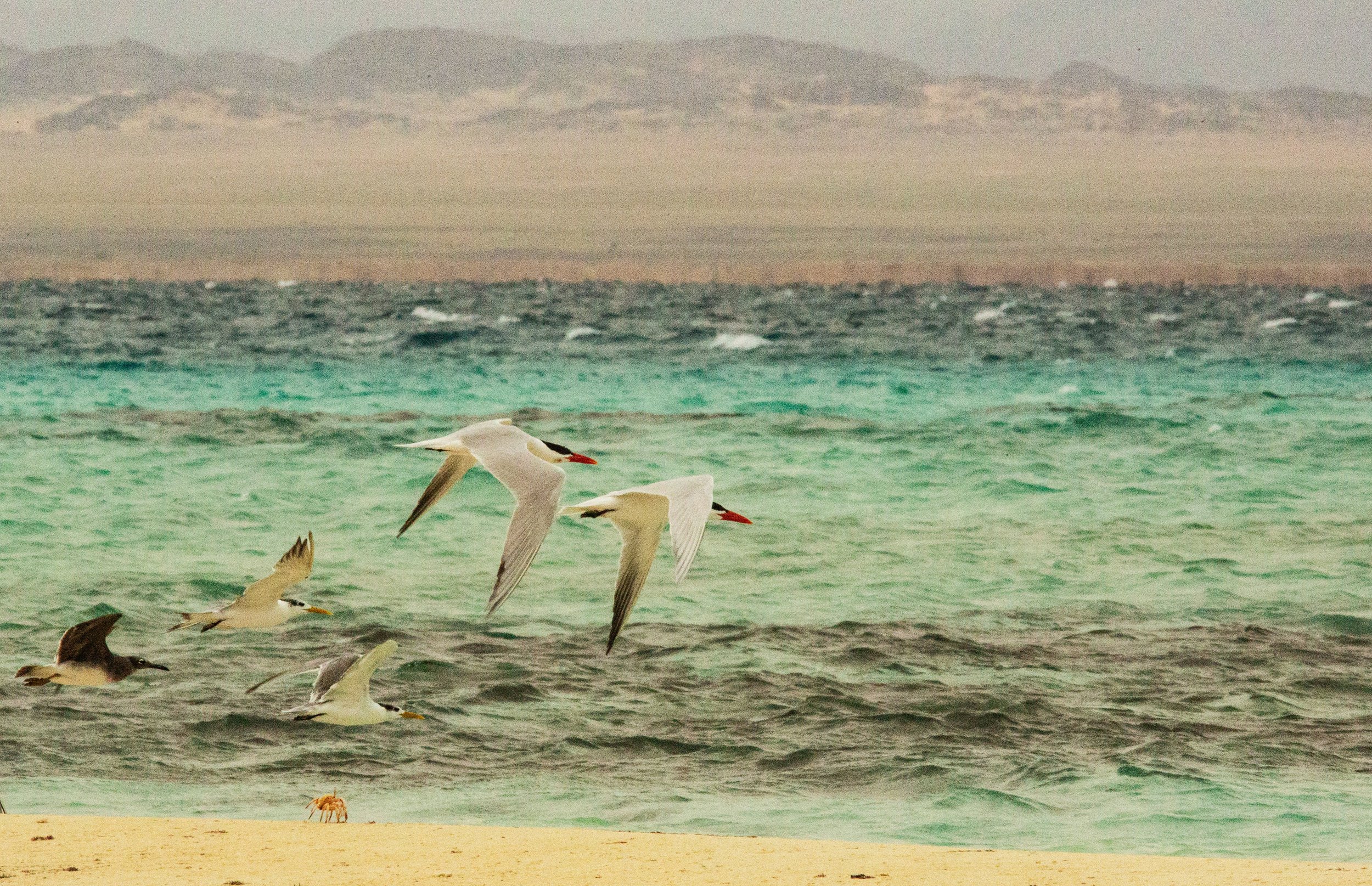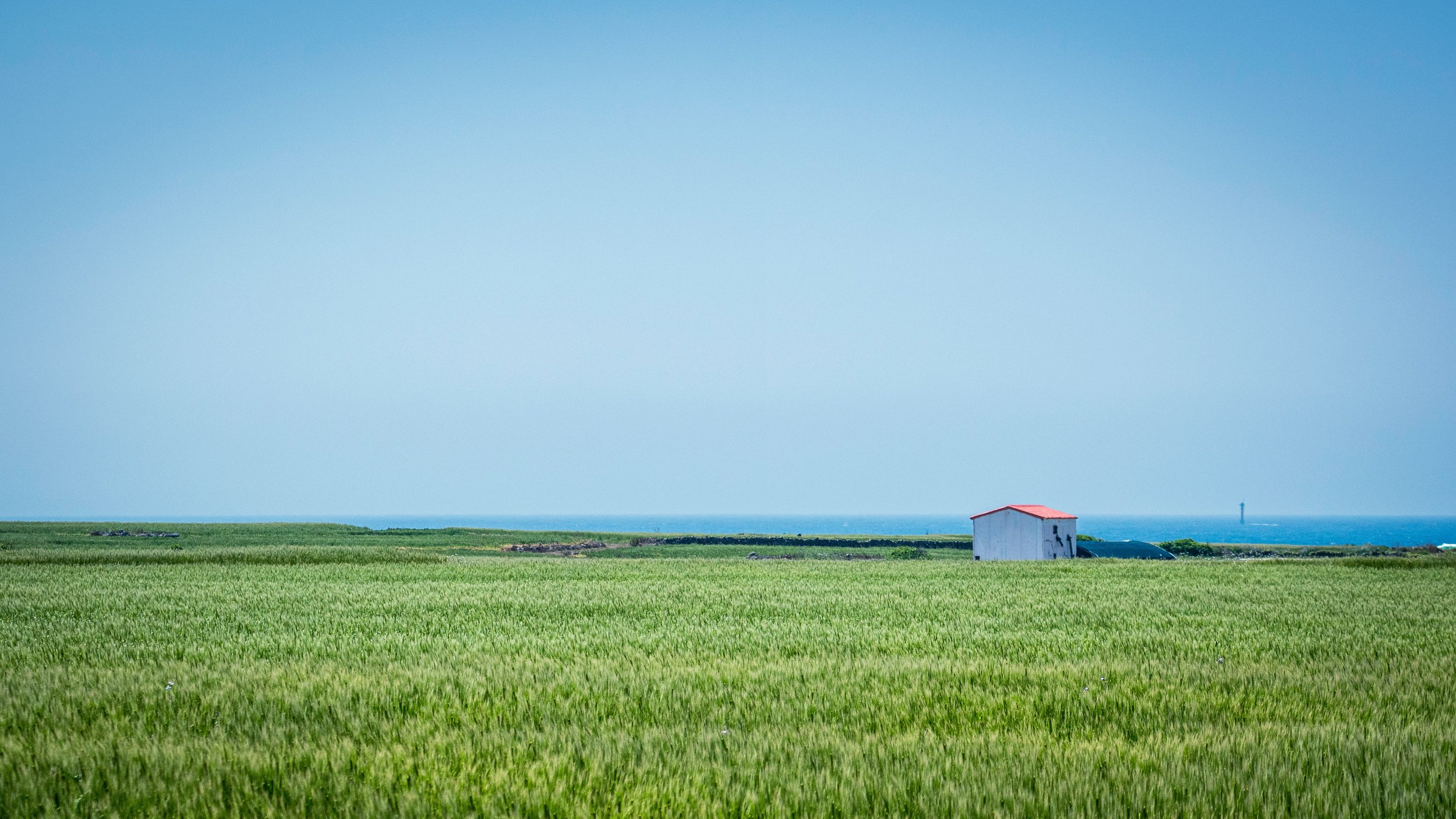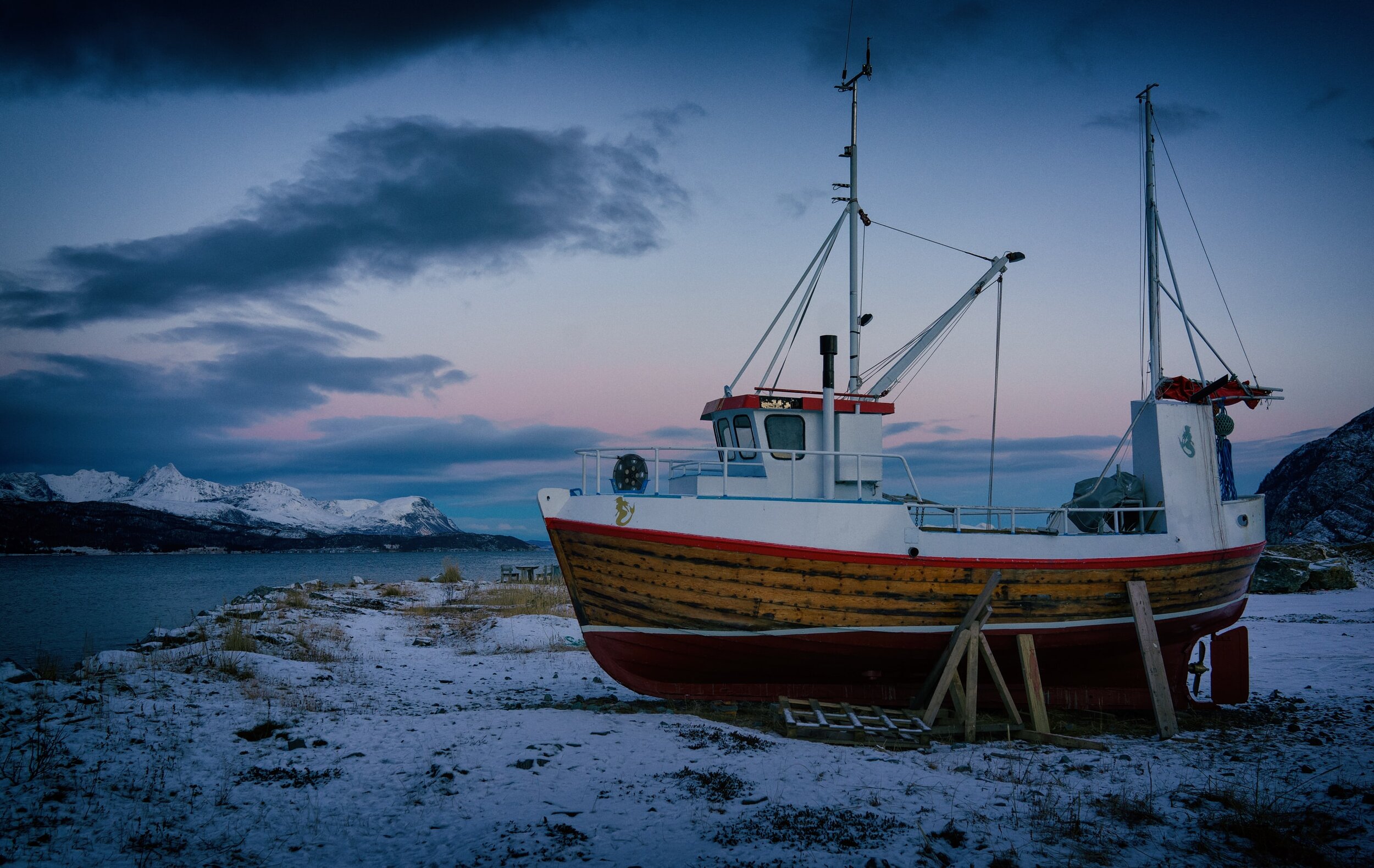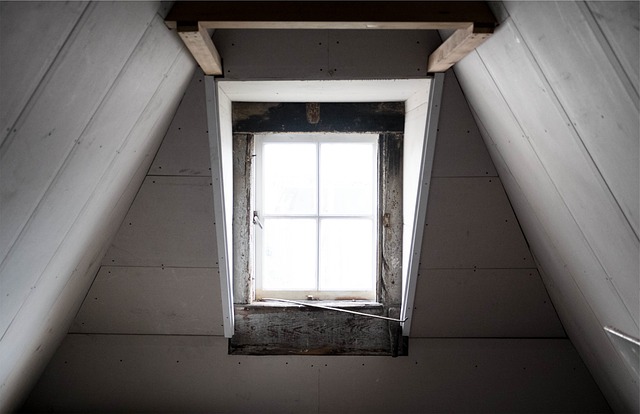Waiting for the Harvest in Catalonia

The heat of northern Catalonia in late May was the sticky, steamy kind, a heat that seeped from damp soil and soaked socks through sneakers. The sky was a perpetual haze. Sometimes it was blue and other times it was grey. Often, it looked like a lens fogged by heavy breathing. The soggy earth smelled of algae. The world, in other words, was a primordial swamp.
The earlier months I had lived there — March, April — on a vineyard tucked in the foothills of the Pyrenees, had followed a weather pattern I understood from the places I’d lived before: light rain, then blooming. On the clear cold days of March I could stand in the hills and stare at the mountains that cascaded into the Mediterranean Sea. Their cliffs were dotted with chateaus that looked, from a distance, like stars painted on a purple canvas. To the west, the Pyrenees were usually dusted with snow. After the early spring showers, the plains that spread to the ocean turned to a patchwork of soft green and eye-watering yellow, fields of knee-high blossoms in bloom.
Those first spring days, the earth had felt alive.
The late spring was contradictory, harder to pin down. The meteorologists would forecast afternoon sun; instead, liters of cold rain would pound the earth. The mornings when sun wasn’t supposed to come, it would blaze with a neck-reddening heat and vanish by the evening as thunderstorms rolled in. Bees flooded the air in swarms; wasps burrowed into the inner leaves of grape vines. Tadpoles darted around puddles that would soon dry out, and then refill. Lethargic flies the size of coins stuck themselves to my naked shoulders and refused to die.
I didn’t know what to make of the weather until Barbara’s posture began changing. At breakfast, she slumped over the kitchen table and pressed a warm cup of tea to her forehead, muttering the weekly forecast like a rosary. Then, she pulled on her boots and walked outside to see what the sky held that day, hoping the forecast was wrong.
Two years before, Barbara, then 45, had lost most of her grape vines to mildew. It was as though the year had never happened. Twelve months of labor, the solitary winter weeks of pruning, the long summer days of fertilizing and watering, were erased.
Now, as the humidity began to creep back, Barbara frantically phoned her winemaking friends and asked them what they were seeing. Every afternoon, she made the rounds in her own vineyards, searching plants for the telltale white stain of mildew on the front side of a grape leaf. Every evening, she returned to the dim kitchen with a wary smile, her forehead creased with anxiety. Nothing yet.
*
“He rolled his eyes and told me you don’t need to speak much to make wine. “Just look at someone’s hands during the harvest,” he said. Stained with grape juice for days at a time. Hardened from years clutching shovels, and cutting branches, and driving tractors. “You know everything about them.”
“I have always felt this is a very old country,” Josep Pla wrote of his native Catalonia in his collection of diary entries The Gray Notebook. It was a land of deep ocean and sheer mountain slopes, of staid farmers and curious travelers, all entranced by Catalonia’s landscape and the people populating it.
It is tradition for Catalan artists to pay homage to the natural world. The region’s beloved architect Antoni Gaudí mimicked the interplay of shadows in a forest to illuminate the Sagrada Familia’s interior. Another architect, Josep Maria Jujol, built a cathedral in the small town of Montferri in the shape of the rolling Catalan mountain range, Montserrat. Critics argue that the arid, twisting landscape and contrasting colors of Cadaqués gave birth to Salvador Dalí’s surrealism. Others say that the jagged Santa Bàrbara Mountain in Terra Alta inspired Catalan adoptee Pablo Picasso’s cubism.
Catalonia is a land of immense topographical diversity held within the relatively small space of 12,000 square miles. There are mountains, oceans, drylands, lush plains. This landscape evokes the most profound emotions of youth: wanderlust, melancholy, homesickness.
“To look at the sky, listen to the swallows, daydream and contemplate the hazy life of things calms my nerves,” reads one entry in Pla’s diary as he muses about his family’s farm. “Youth is a time of sadness — I think — because it is the only age when we respond to the intangible, that is, to what doesn’t exist at all.”
There was a haziness to my life in Catalonia that humid spring. I had moved there without a job or a plan because things back home stopped making sense. Most of my friends had scattered to start-entry level jobs, and we stopped talking.
I had wanted a job, too, but then that changed. Trump became president, the news cycle accelerated, and I realized I was looking at journalism jobs that would keep me on the Internet eight hours a day writing news briefs. My attention span was dwindling, and my anxiety was increasing. I wanted to be out there, instead of in here. In the end, I skipped out on the idea of the job. The promise of Catalonia took me 6,000 miles away, and eventually to a vineyard at the foot of the Pyrenees.
*
Barbara’s move to Catalonia was 500 miles long. Before she started making wine, she had been an architect in Milan for ten years, but she quit her work to come here with her motorcycle and a few months worth of Spanish lessons. Like me, she had to learn to respect the weather.
Barbara didn’t come to make wine — the wine would come, in time — but instead for love. She had met a fireman named Carles at a dance class in the border town of La Jonquera. He was the one who knew about land. From his father, he had inherited 30 hectares at the foot of the Albera mountains, vineyards he used to work as a boy. The land had fallen into disuse when his father abandoned the work in the 1980s. Carles wanted to bring it back to life.
I came to them from an inland California suburb in the spring of their twelfth year making wine. My home was built from arid desert. Its existence was made possible only by air conditioning and a complex irrigation system. Inland California was a land of sensory deprivation, of lawns carefully cut, of houses painted a crisp white. Catalonia was a revelation.
There was a certain tenderness in how Carles and Barbara cared for their vines, a softness to their touch as they crumbled soil over young plants.
*
“The cold wind that blows south off the Pyrenees is called the Tramuntana. At its most powerful, the wind is strong enough to bend trees southward and carry humidity away. This is what Barbara prayed for, when she prayed.”
There were others like Barbara, women who moved to Catalonia for love. There was a Romanian woman who married Catalonia’s future president, and a Scottish woman who met her partner while dancing in the mountains, and an American woman who fell for a wine importer in Barcelona.
When I met a man that spring, the thought, however fleeting, crossed my mind: could this be love? I certainly loved the idea of him. He was everything that astonished me about Catalonia, personified.
At 30, Joan was the youngest of his family to make wine in southern Catalonia, where they had grown crops for centuries. He taught me the names of the blistering winds that buffeted his vineyards. He showed me an olive tree that had lived for two millennia. Sometimes when we talked he slipped into Catalan, as though his Spanish had been melted down and reshaped. I squinted when he did this, trying to understand.
He rolled his eyes and told me you don’t need to speak much to make wine. “Just look at someone’s hands during the harvest,” he said. Stained with grape juice for days at a time. Hardened from years clutching shovels, and cutting branches, and driving tractors. “You know everything about them.”
Months later, I realized I had fallen for the place, and not the man. It took some time to separate the two.
*
Late spring in Catalonia was a shock to the system. It looked as though someone increased the color saturation of a photo. The air smelled at once of hot dust and coriander and long grass and the sea. Winemakers say wine tastes of the land where its grapes come from, but my mind, overwhelmed by the intensity of the place, couldn’t locate the flavors within their context. I found no words to describe the wine I drank, nor the place.
The words would surely never come in Catalan. Catalan is a soft language, rounder than its sharp-edged cousin, Castilian Spanish, but more guttural than French. When I first heard Catalan spoken, the words were bright and punchy, but something felt off. Heard from a distance, the language was familiar. Up close, the meaning disintegrated.
Geography and weather are two of the most elementary Catalan vocabulary lessons. Rain is pluja. Cloud is núvol. Humidity, humitat; drought, sequera. There is a name for every hill in this region, as there is a name for every wind.
The cold wind that blows south off the Pyrenees is called the Tramuntana. At its most powerful, the wind is strong enough to bend trees southward and carry humidity away. This is what Barbara prayed for, when she prayed.
We sprayed copper on plants and plucked leaves to stave off moisture, but still we worried about the harvest. We had spent the winter months pruning acres of grape vines and the spring months fertilizing to make sure that, come August, the grapes would be healthy enough to pick and press into juice to make wine.
Photo by Angela Llop
As we worked, Barbara told me finding the words for wine takes time and intention. I began walking through the backcountry, plucking dry brush to smell and wild fennel to chew, hoping, somehow, the words would come to me.
But the wind never blew, and the rain kept pouring, and Joan stopped returning my calls. I walked through the hills and wondered what it takes to make a place a home. The rain kept pouring. I searched flights to Los Angeles.
*
The summer was hot and dry. Parched vines shriveled. The once-green grape buds ballooned to plump orbs of pale yellow and inky black. In August, we waited for the perfect moment to cut, and we were nervous. The spring humidity and summer heat had created a precarious situation: the grapes’ acidity was dropping rapidly, but the potential alcohol content, measured in sugars, remained low. The grapes were off-balance.
At daybreak Barbara and I collected grapes from the vineyards and mashed them to a pulp. Barbara spread the juice onto a telescope-like instrument, called a refractometer, and peered into the glass. She grimaced. The grapes were not ready, and it seemed they would never be. They lacked the acidity-alcohol equilibrium necessary to make an even wine.
At least, she said, we didn’t lose grapes. Even though the wind had not blown, we had no mildew. We knew someone two hours south who lost all his grapes to mildew. We knew someone five hours west who had lost three parcels of vineyard. We lost nothing at all.
Barbara pursed her lips and said we would begin the harvest in a few days. I would stomp the grapes with my bare feet and purple my palms. We would make wine, for better or worse.
At lunch, we drank a wine Barbara had made the year before. It was named after a nearby river. I had lived there five months and still didn’t have the words to describe wine, but it tasted familiar, warm and earthy and a little bit like running water.
*
The last time I saw Joan, he showed me his hands. It was a warm mid-September day, a few weeks after I finished the harvest with Barbara. We were in his town, where trucks full of freshly picked grapes rattled through the narrow roads. His eyes were tired, and there was more work to be done, always more work, thousands of pounds of grapes to be cut between dawn and midday, thousands to be pressed and bled and poured into cold underground vats, where, if the yeasts were healthy and the temperature was just right, the juice would begin to move, as if by magic, by its own accord, churning and cherry red, fermenting.
His hands were rough, thick calluses latticed with fine cuts. They were stained purple-black.
I thought about his hands as I sat by the window on a departing train, watching the valley coil in on itself against the fading sky. The train sped toward the coast, farther and farther away until the world turned black and I could no longer see. I had a flight to Los Angeles in two weeks’ time.
He had dropped me off at the train station in his dusty field truck and waved goodbye with his purple hand. I waved back, my palm soft and white, the color long washed away. I wondered, for a moment, what if I had let my hands stay that way, stained with juice and coated in dirt.
ABOUT THE AUTHOR
Photo by Megan Ross
Meg Bernhard is a journalist based in Barcelona. She writes about politics, farmers, and topics related to the environment. She has written for The Los Angeles Times, Guernica Magazine, and Popula. Follow her on Twitter.
Header photo by Angela Llop.



